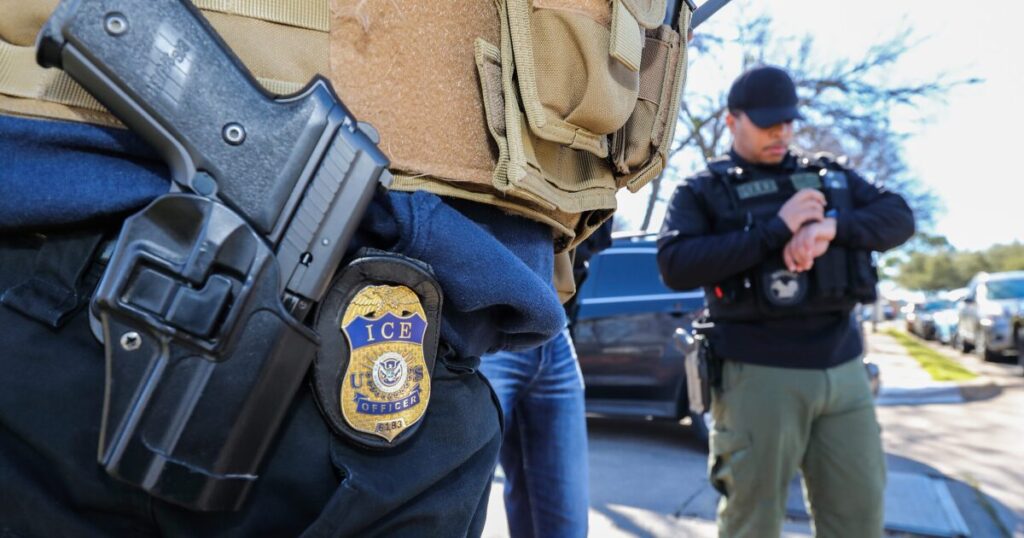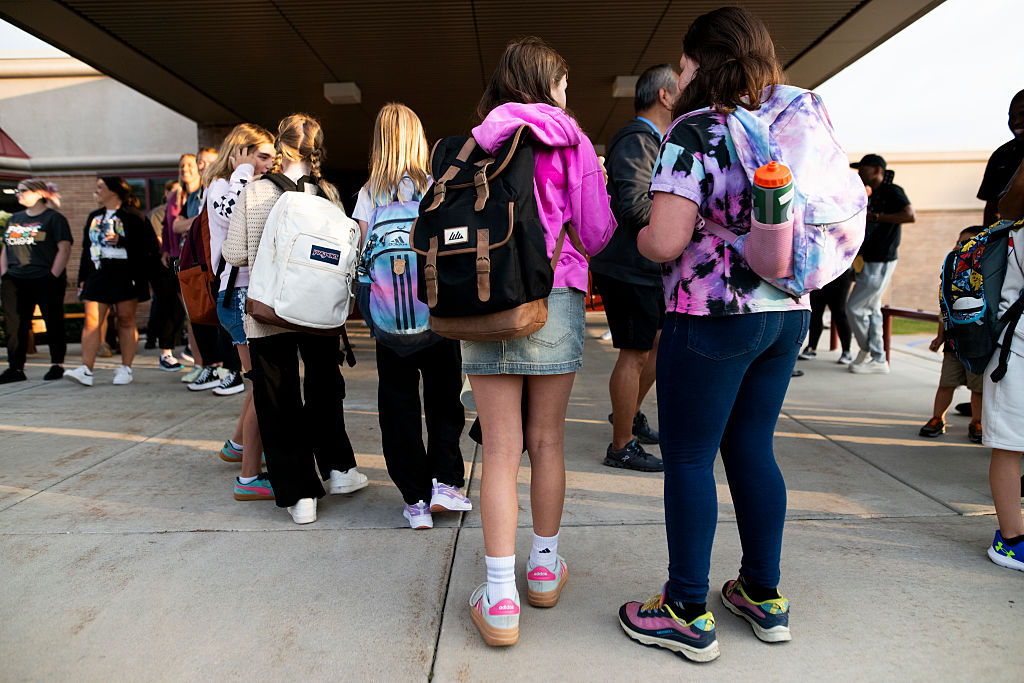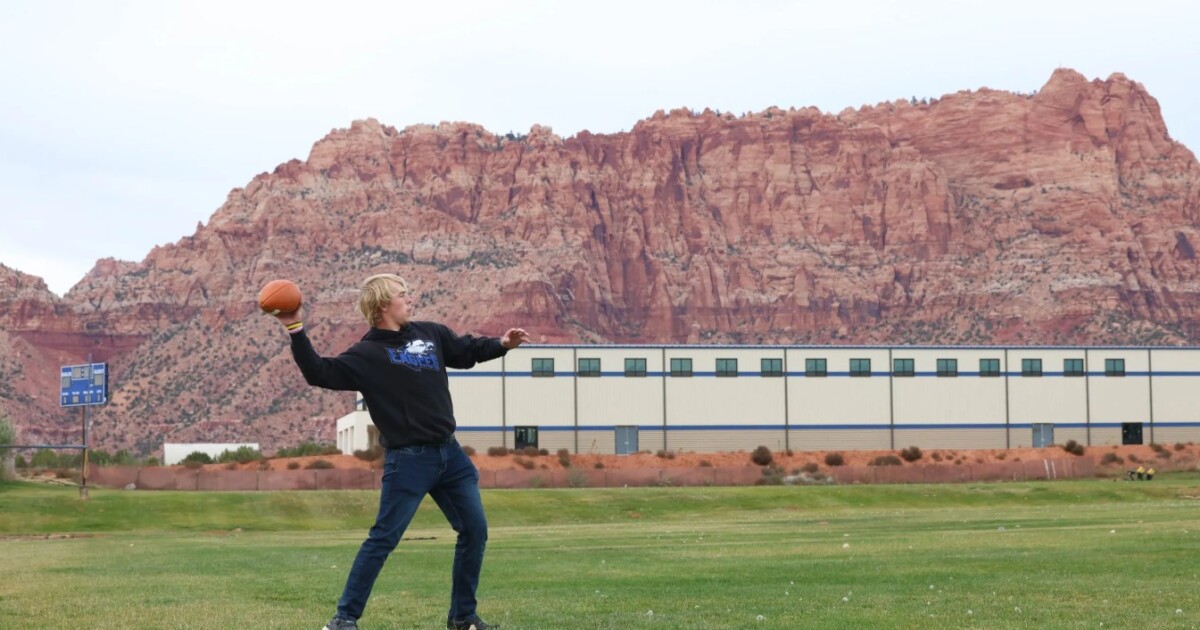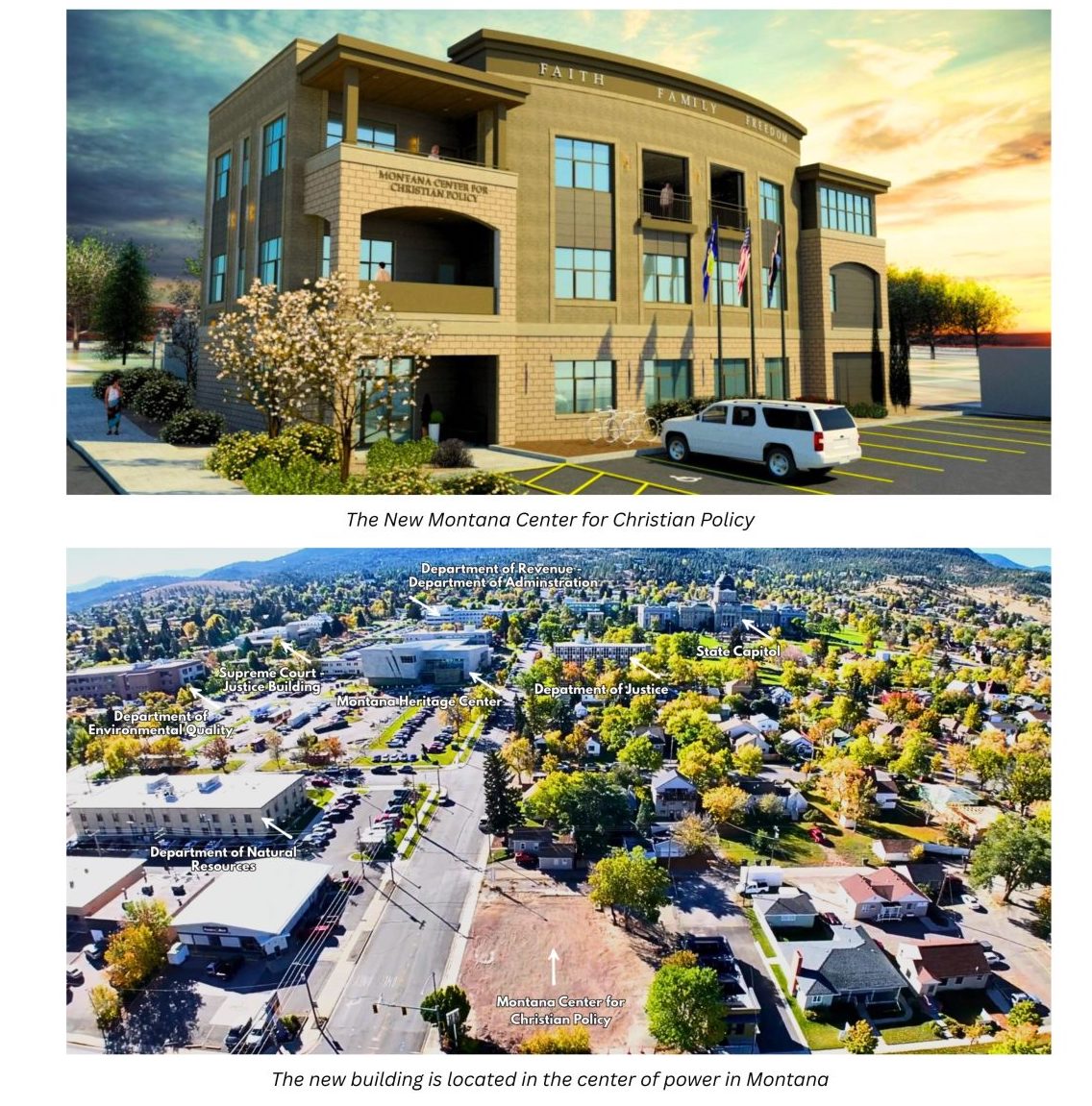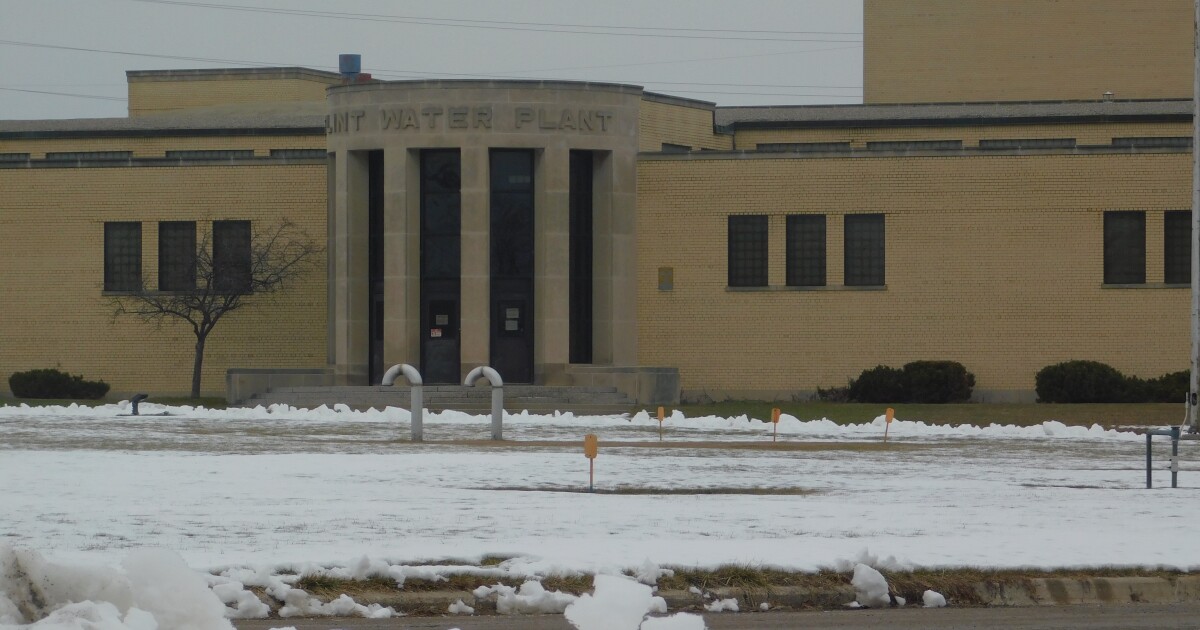Ever since the recent Supreme Court ruling, many U.S. citizens, particularly those of Hispanic descent, are living in heightened anxiety, fearing wrongful detainment by Immigration and Customs Enforcement (ICE). This fear has become a part of daily life, even for those who have served the country, like Marine veteran Ricardo Reyes.
Reyes, a Phoenix native, remains vigilant, always carrying his passport card to prove his citizenship. “I keep that with me just in case I ever need it, because that is a reality we’re living in,” Reyes stated. Despite his military service, he feels targeted due to his ethnicity.
The anxiety has escalated following a Supreme Court decision on Sept. 8 that permits ICE in Southern California to use racial profiling. The 6-3 decision allows ICE to scrutinize individuals based on language, appearance, and the nature of their work. Though the ruling is limited to the Los Angeles area, many fear it could set a precedent nationwide.
“As a Latino veteran, why do I have to worry because of the way I look?” asked Reyes, reflecting a sentiment shared by many. He believes this approach contradicts the principles he defended in the military.
The Department of Homeland Security (DHS) has denied claims of wrongful arrests of U.S. citizens. They maintain that their operations are targeted and do not inadvertently capture citizens. However, reports of incidents like that of George Retes, an Army veteran mistakenly detained, challenge these assurances.
Retes, a California-born veteran, was caught in an ICE raid and detained for three days despite identifying himself as a citizen. His lawyer, Marie Miller, noted that Retes plans to sue the government for constitutional violations.
This climate of distrust has led many, like Phoenix resident Cristalís Capielo Rosario, to alter their daily behaviors. Rosario, a Puerto Rican by birth, has adapted by carrying her passport and avoiding speaking Spanish in public spaces.
“This questioning of our citizenship and whether or not we belong is nothing new,” Rosario remarked, highlighting the enduring challenges faced by Hispanic communities.
For Arizona residents, the situation echoes the state’s controversial SB1070 law, often dubbed the “show me your papers” law. Though parts of it were struck down, the current federal stance brings back memories of racial profiling concerns.
Lisa Magaña, a professor at Arizona State University, voiced her concerns about the implications of the Supreme Court ruling, stating, “You can be detained regardless if you are a U.S. citizen.” She believes the issue is larger than the state law, signifying a national challenge.
Justice Sonia Sotomayor, dissenting from the ruling, warned against racial profiling practices, emphasizing that such policies should not be acceptable in the U.S.
Despite reassurances from officials, stories like that of Micaela Quihuis, who faced ICE agents at her doorstep, continue to emerge. Quihuis, a lifelong Phoenix resident, was subjected to a home check, leaving her and her family shaken.
In conclusion, the current environment compels many citizens to live cautiously, constantly aware of potential encounters with ICE. The administration’s aggressive immigration policies have sparked widespread fear, impacting everyday activities and fostering a climate of uncertainty.
For more stories from Cronkite News, visit cronkitenews.azpbs.org.
—
Read More Arizona News

